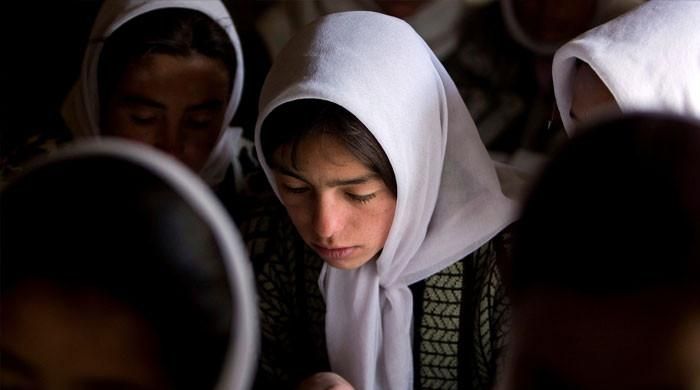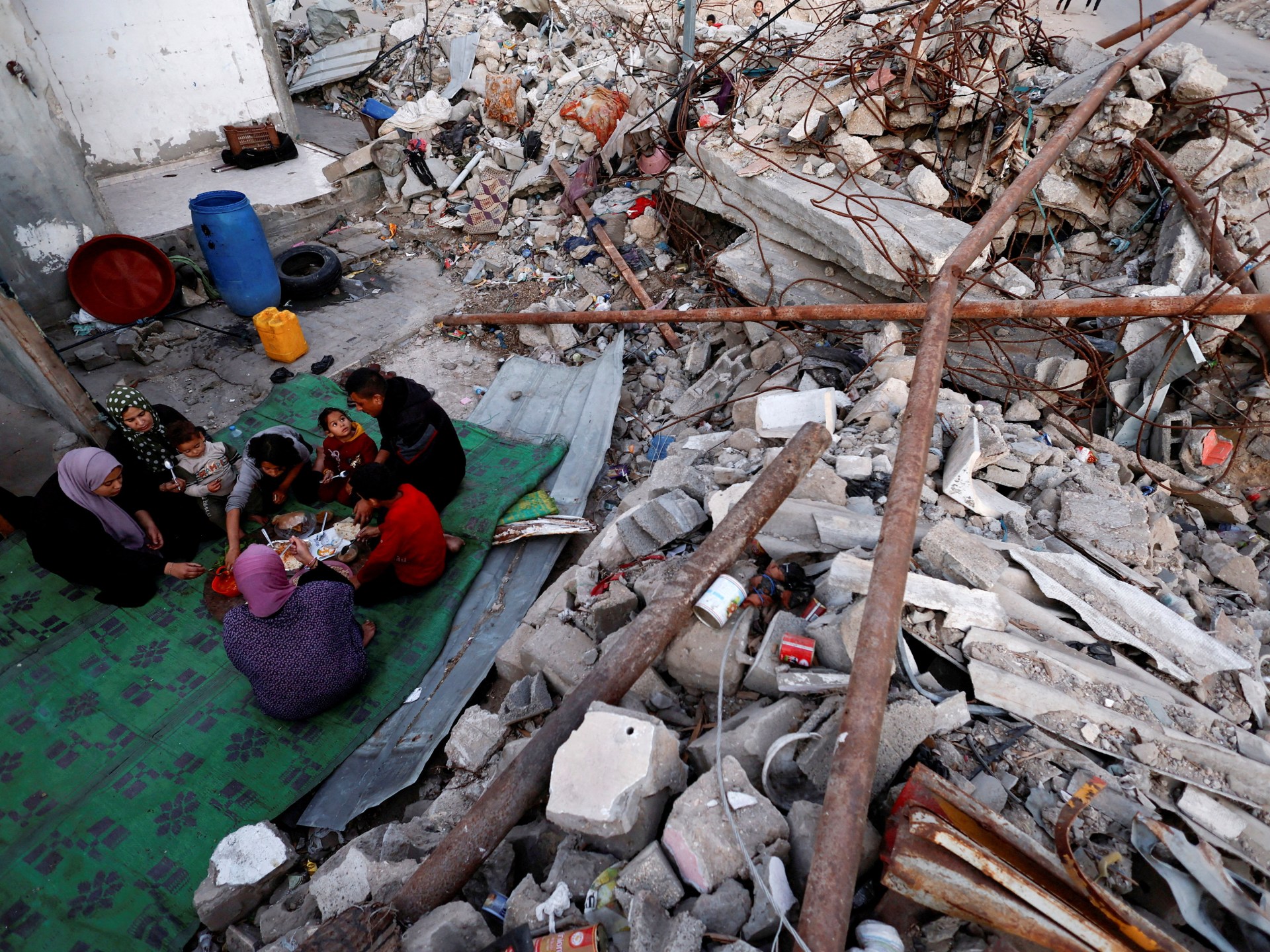At least 1.4 million girls in Afghanistan have been deprived of access to secondary education since the Taliban returned to power in 2021, putting the future of an entire generation “at risk,” the United Nations cultural agency said Thursday. AFP reported.
Access to primary education has also declined sharply, with 1.1 million fewer girls and boys attending school, UNESCO said in a statement as Taliban authorities marked three years since they retook Afghanistan on August 15, 2021.
“UNESCO is alarmed by the harmful consequences of this growing rate of school dropouts, which could lead to an increase in child labour and early marriage,” the agency said.
“In just three years, the de facto authorities have virtually wiped out two decades of steady progress in education in Afghanistan, and the future of an entire generation is now at stake.”
Nearly 2.5 million girls are currently deprived of their right to education, representing 80 percent of Afghan girls of school age, the UN agency said.
The Taliban administration, which is not recognised by any other country, has imposed restrictions on women that the UN has described as “gender apartheid”.
Afghanistan is the only country in the world that prevents girls and women from attending secondary schools and universities.
“As a result of bans imposed by de facto authorities, at least 1.4 million girls have been deliberately deprived of access to secondary education since 2021,” UNESCO said.
This represents an increase of 300,000 since the previous count conducted by the UN agency in April 2023.
UNESCO Director-General Audrey Azoulay has called on the international community to continue its efforts “to achieve the unconditional reopening of schools and universities for Afghan girls and women.”
Primary school enrolment numbers have also declined. In 2022, Afghanistan had just 5.7 million girls and boys in primary school, compared with 6.8 million in 2019, according to UNESCO.
The UN agency attributed the drop to authorities' decision to ban female teachers from teaching boys and to parents' lack of incentives to send their children to school.
Enrolment in higher education is equally worrying, the statement added, with the number of university students having declined by 53 per cent since 2021.
“As a result, the country will quickly face a shortage of qualified graduates for the most skilled jobs, which will only exacerbate development problems,” UNESCO said.












